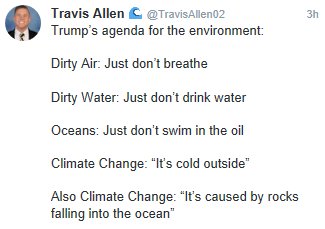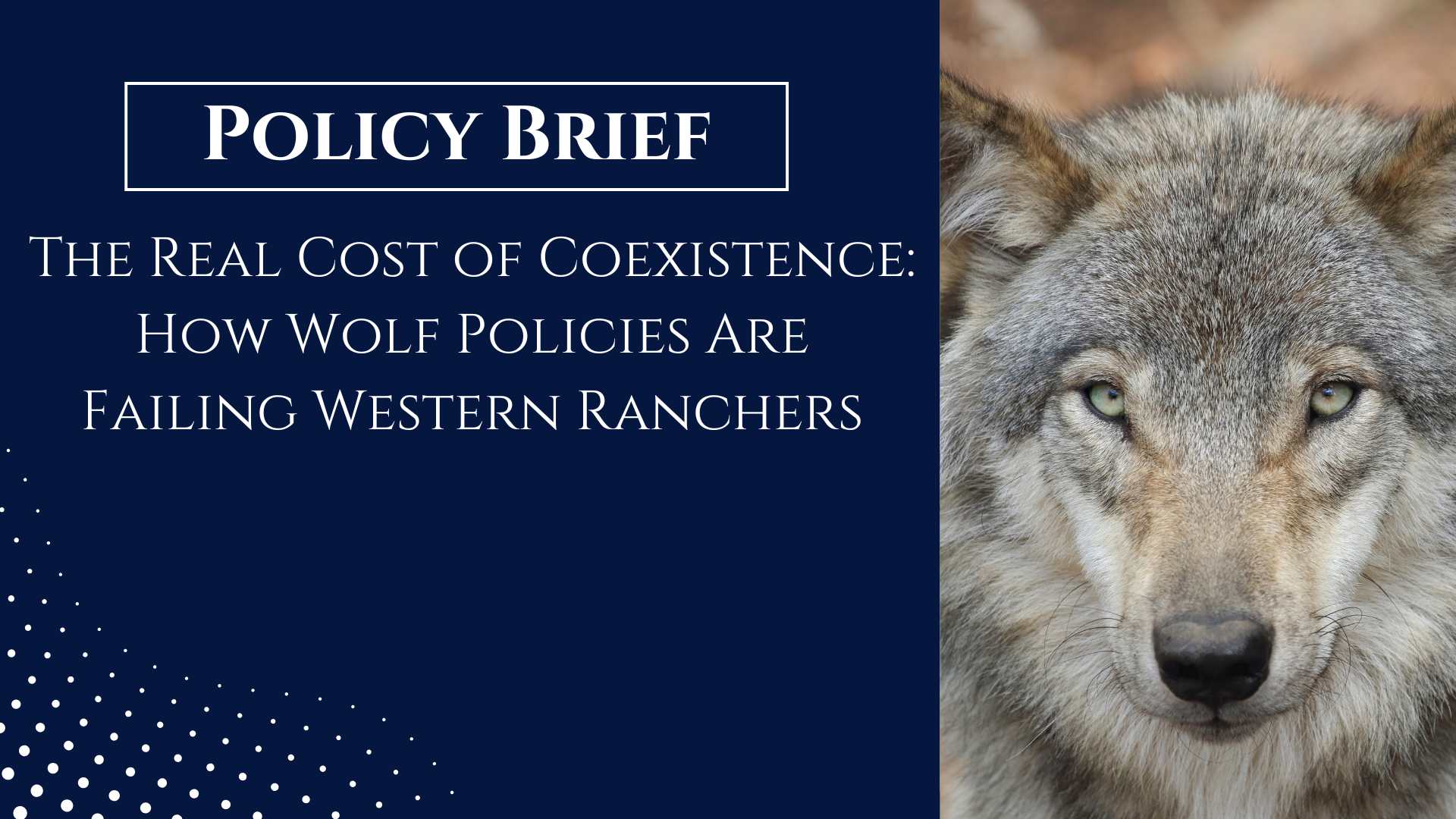Incentives matter. The problem with relying on politicians to effectively reduce impacts from energy use is that political incentives run counter to environmental effectiveness.
Three recent examples stand out.
I-1631, the Carbon Tax and the “Increased Energy Burden”
Supporters of a carbon tax in Washington state are collecting signatures to add a gas and energy tax in Washington state that would cost the average homeowner about $260 a year, and increase from there. The language of the initiative and its supporters, however, is that it would impact “large emitters.” They want to hide the impact on families. The initiative itself, however, admits it will cause “increased energy burden” for “people with lower incomes,” and that that burden is caused by the taxes in the initiative.
In fact, the goal is to increase the cost of gas and home heating, imposing a cost on driving and using natural gas. But, politics prevents them from being honest about their intentions. During the campaign it is unlikely supporters will mention these costs. They will, instead, claim the costs only hit “large emitters” or “big polluters.” In reality, the price will be paid by everyone.
High Gas Prices Are Bad. We Must Raise Gas Prices.
 The political whim of the day also serves to undermine environmental policy. Some who claim we must fight climate change also attack political opponents when gas prices go up.
The political whim of the day also serves to undermine environmental policy. Some who claim we must fight climate change also attack political opponents when gas prices go up.
One example is a person named Travis Allen, who, tweeted an attack on Donald Trump for high gas prices, then, hours later, attacked him for not taking climate change seriously. These positions are incompatible. Reducing prices on gasoline would increase demand and CO2 emissions. But, the politics of attacking on high gas prices is too tempting, so expediency trumps effectiveness.
You can always find random people on Twitter saying weird things, but this person has 136,000 followers, so somebody is listening to him.
 And, he isn’t the only person playing this issue from both directions. Senator Maria Cantwell has also supported carbon taxes while demanding investigations into gas prices (for example, in 2005, in 2011, in 2012, and in 2013).
And, he isn’t the only person playing this issue from both directions. Senator Maria Cantwell has also supported carbon taxes while demanding investigations into gas prices (for example, in 2005, in 2011, in 2012, and in 2013).
Ontario Hides the Carbon Tax
Visiting with Ontario legislative members a few weeks ago, I was surprised to find that the government adopted a carbon tax, but blocked listing it on residents’ heating bills. This makes no sense. Again, the goal of a carbon tax is to provide an incentive to reduce energy use. That incentive works best when it sends a transparent price signal.
High energy prices, however, are politically unpopular, and the government is hiding the cost so they can blame others for their actions. Worse, the Ontario government is actually borrowing money to subsidize energy and reduce costs. This is a bizarre approach – raising prices with a carbon tax and then using taxpayer money to cut prices and undermine the carbon tax.
The incentives of political expediency encourage politicians to go to great lengths to protect themselves, even if it means they don’t protect the environment.
This is the fundamental problem with political solutions. The first incentive of politicians is to protect their political position. They will do this even if it means undermining policies they purport to advocate in that political position. These recent examples clearly demonstrate that conundrum.
The more we can move environmental decisions out of the hands of politicians, and into the hands of individuals whose incentives are to save money by reducing environmental impact, the more likely we are to align incentives and the environment to find effective environmental solutions.






